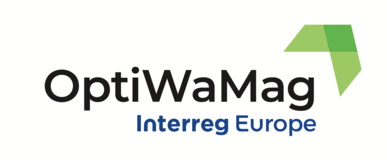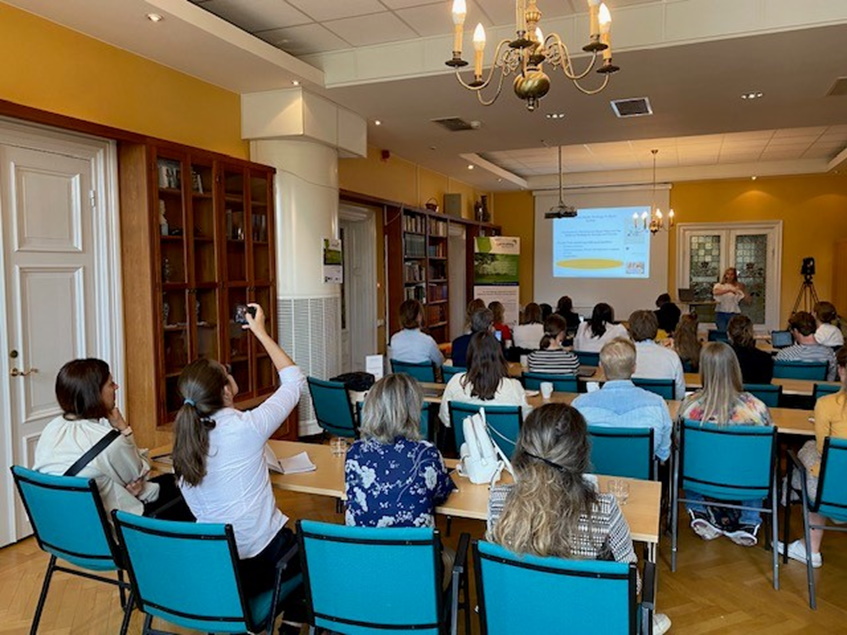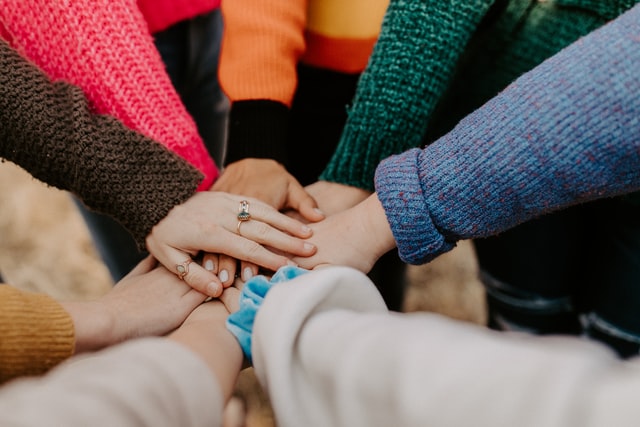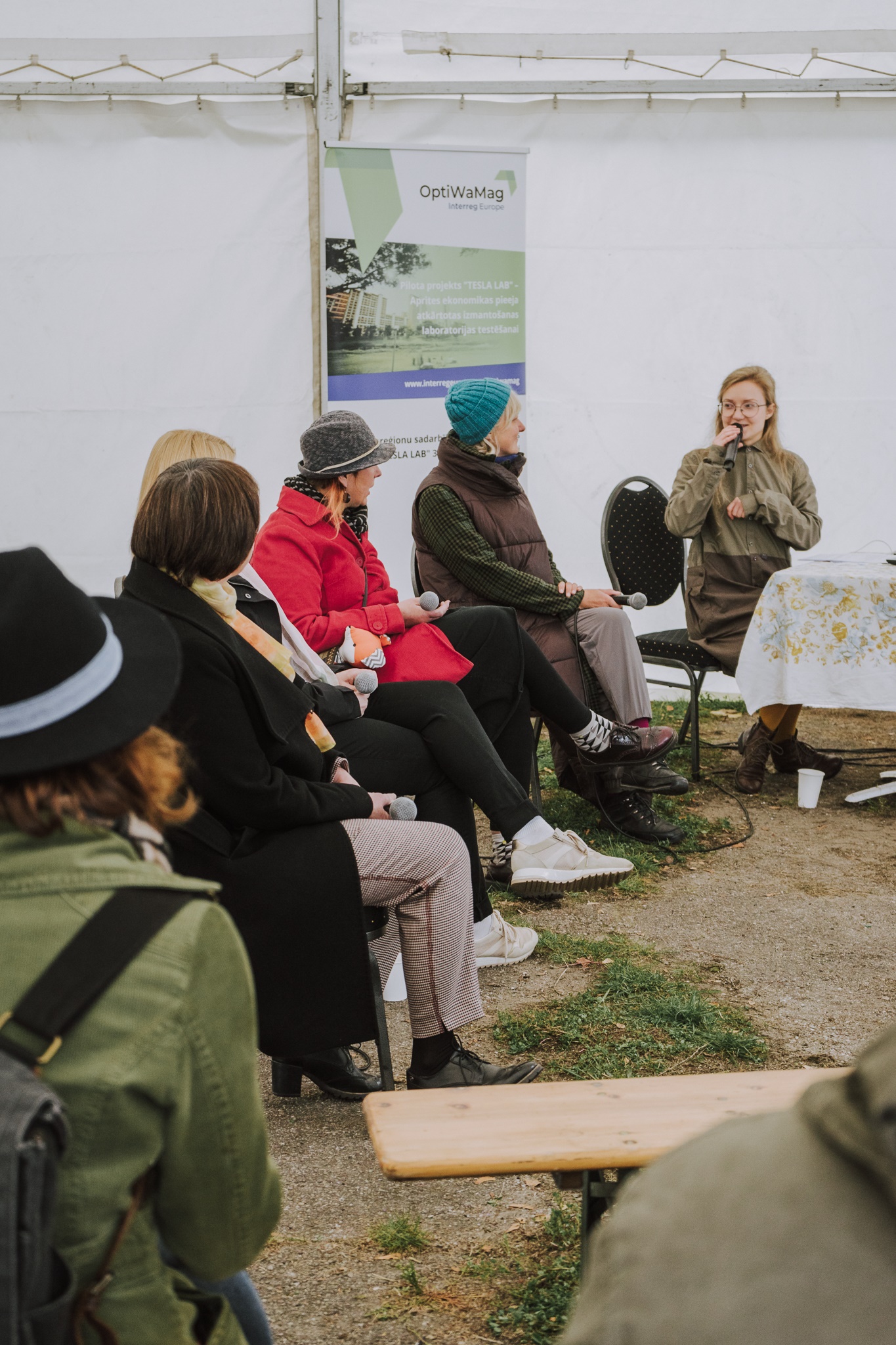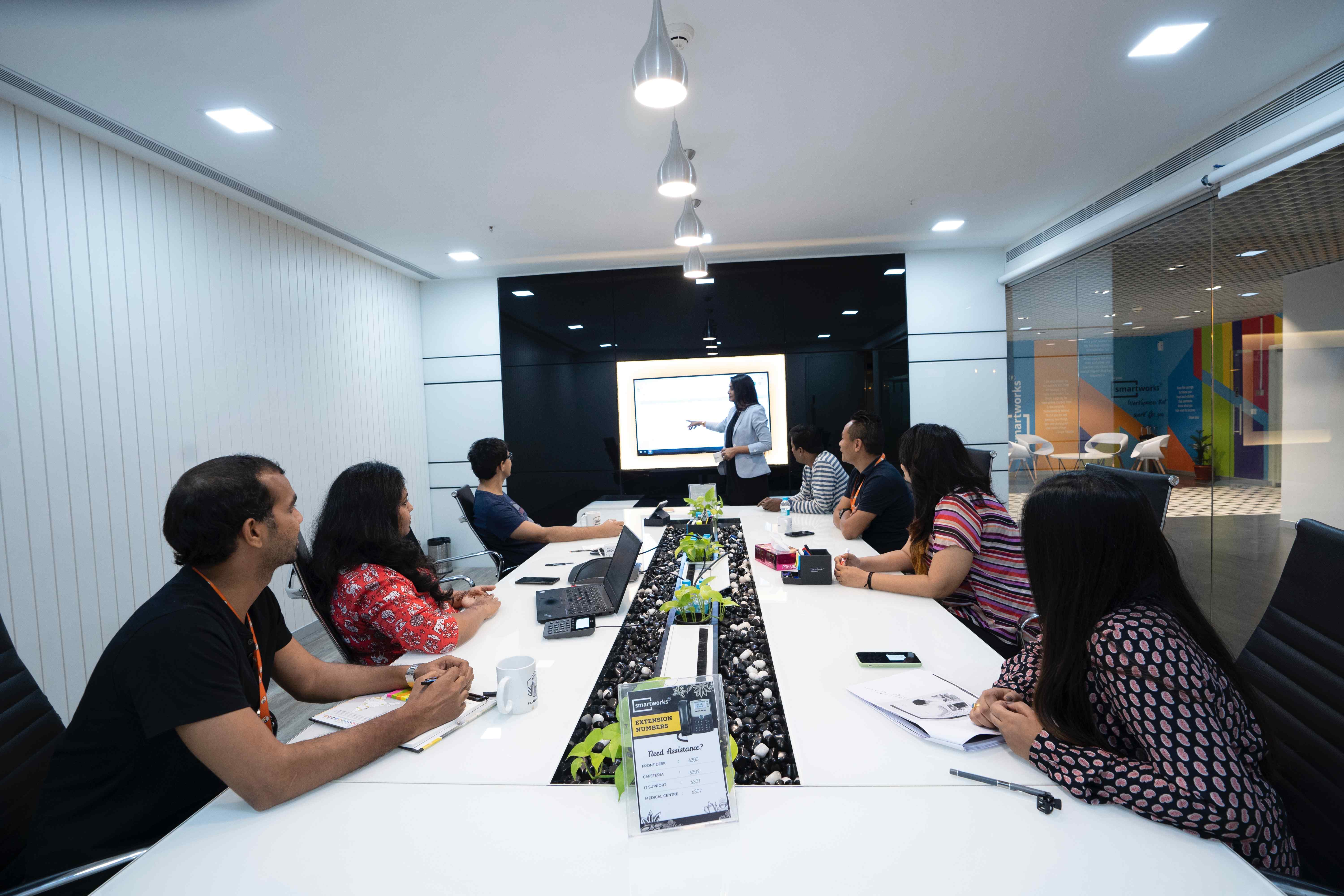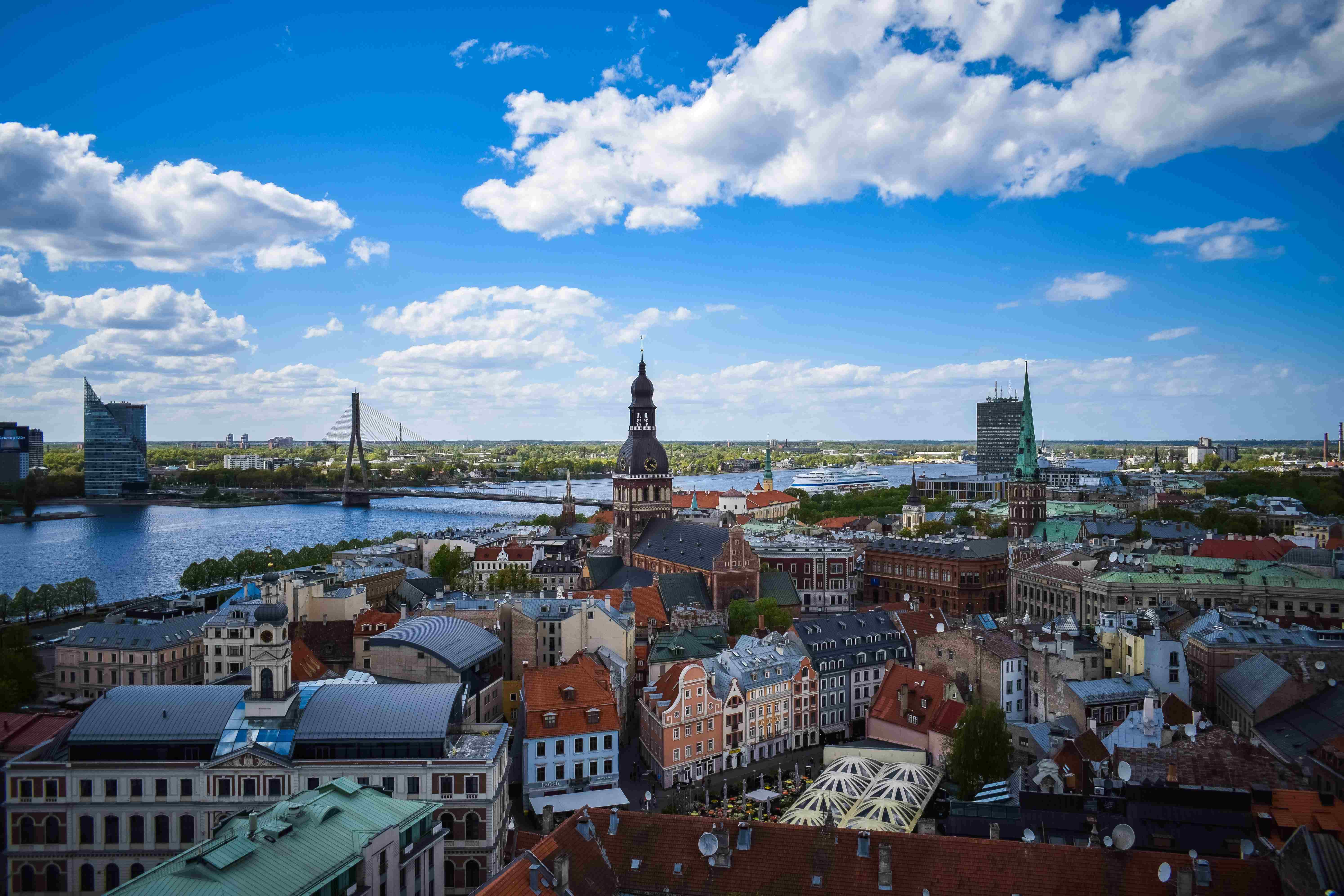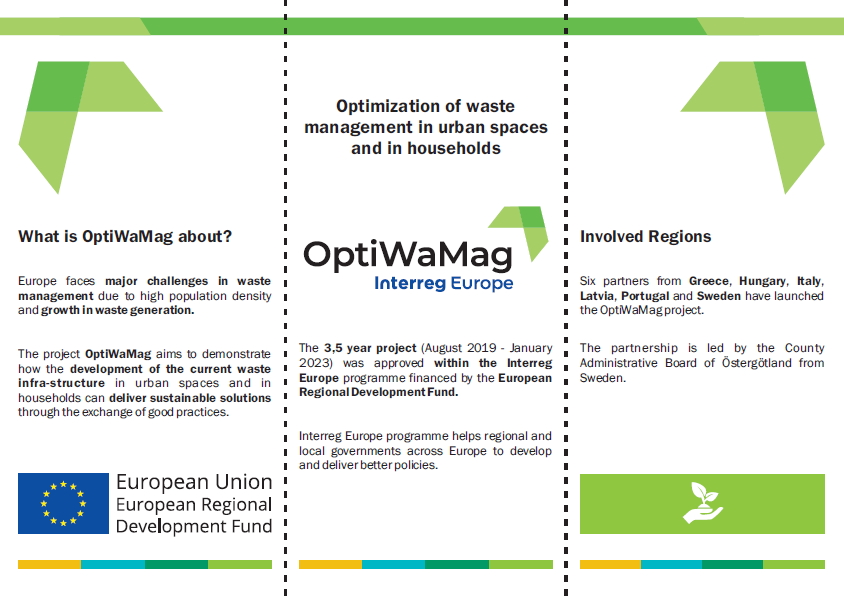1) Please introduce your organization and your region.
Riga Technical University (RTU) is an accredited higher education establishment and research institution of the Republic of Latvia. RTU is an internationally recognized European university, striving towards high quality study process, excellence in research and sustainable valorisation.
The RTU Institute of Civil Engineering and Real Estate Economics (Institute) has a profound experience in interdisciplinary scientific research, and takes an active part in Interreg Central Baltic, Interreg Europe and other projects. The Institute executes 7 study programs of higher education including 3 Master`s programs. The Institute conducts research related to real estate economics and management, housing policy, facility management, construction economics, urban and territory development, land use management, circular economy, bio economy, waste management, energy efficiency, resource efficiency. The management and maintenance of multi-apartment residential buildings in accordance with national laws can only be carried out by a manager who has obtained the relevant professional qualification and who is in a direct contact with households registered in a particular residential building. The manager can competently perform the management of domestic waste produced by households of a residential building. The Institute is one of the two higher education institutions that educates and trains professional real estate managers. This is the only institution in Latvia that provides higher professional qualification in the real estate management.
2) What is the main challenge in your region related to waste management that you want to address through the OptiWaMag project?
Gradually the awareness of people about issues of sustainable living conditions, climate change prevention, environmental improvement and municipal waste management is increasing. According to the statistics, Latvia has a high rate of polarization – stratification of the population. Local municipalities are responsible for the organization of municipal waste management in their territory, therefore, there is a difference in the attitude and quality of waste management in municipal areas.
The OptiWaMag project will help us to identify the causes of waste management problems, such as lack of public awareness, education and cooperation and will help us to define solutions.
We would like to explore good practices of other OptiWaMag project partners to encourage necessary changes in the waste management policy in Latvia.
3) What is your expectation for the output of the project?
Separate collection, recycling and re-use of waste play an important role in ensuring the availability and sufficiency of resources in the circular economy, which is a priority for the European Union in the coming years. To this end, a number of crucial long-term choices now need to be made in the field of waste management and recycling in Latvia.
Latvia has initiated the deposit system and is in the process of starting it. The results of the OptiWaMag project will be a great addition and a source for new ideas for the development of efficient municipal waste management systems.
